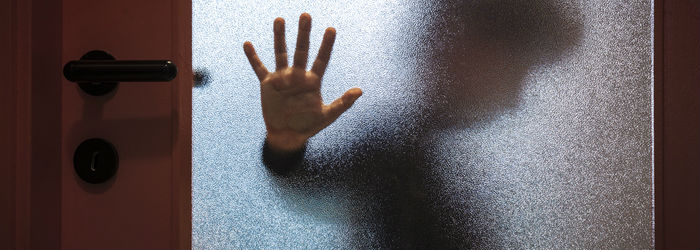Recognising the signs of subtle abuse

Abusers come in every shape and size, which makes it all the more difficult to spot one early in a relationship. Fortunately, there are some common patterns of behaviour that most abusers exhibit in a relationship. The key is to identify these behaviours as early on as possible and exit the relationship safely. The longer you stay in the relationship with the abuser, the worse the abuse will become and the more difficult it is to leave.
[The abuser will be referred to as “he” and the victim as “she,” but please make note that these terms are for the general ease of reading and are used because they relate to the most common form of abusive relationships.]
The following are some early warning signs of an abuser:
♦ He is intense and over-involved.
♦ He has a need for constant contact.
♦ He gets too serious too quickly about the relationship.
♦ He is overly friendly or seem insincere.
♦ He tries to keep you all to himself or discourages you from spending time with others, especially if he senses that they do not like him.
♦ He speaks disrespectfully about his former partners.
♦ He has a history of not cooperating with others.
♦ He is disrespectful towards you.
♦ He does favours for you that you don’t want or make you feel uncomfortable.
♦ He calls you several times in a night or “checks up on you.”
♦ He is controlling.
♦ He is possessive.
♦ He is jealous for no reason.
♦ Nothing is ever his fault.
♦ He is always right.
♦ He is self-centred.
♦ He abuses drugs or alcohol.
♦ He pressures you for sex.
♦ He intimidates you when he’s angry.
♦ He has double standards.
♦ He has negative attitudes towards women.
♦ He treats you differently around other people.
♦ He makes fun of or humiliates you in private or in front of others.
♦ He puts down your accomplishments or goals.
♦ He constantly questions you and your decisions.
♦ He always takes the opposite view of what you say.
♦ He appears to be attracted to vulnerability.
♦ He never seems to be happy with you no matter what you do or how hard you try.
♦ He tries to isolate you.
The dynamics in any relationship can be difficult to observe objectively for those who are in it, and this is particularly the case in abusive relationships. The ups and downs you may feel in your relationship resemble a roller coaster ride, leaving you feeling unsure and continually questioning reality. Abusive behaviour is not always overt and is often subtle. The most important thing is to pay attention to how you feel in the relationship. This is singlehandedly the most important thing to consider. Abusive behaviour can be hard to spot, and it is not always easy to see objectively. Everyone has the right to feel free to speak up and assert themselves in a relationship without fear of punishment.
Extract from If He’s So Great, Why Do I Feel So Bad? by Avery Neal, published by Robinson on 22 November 2018.


